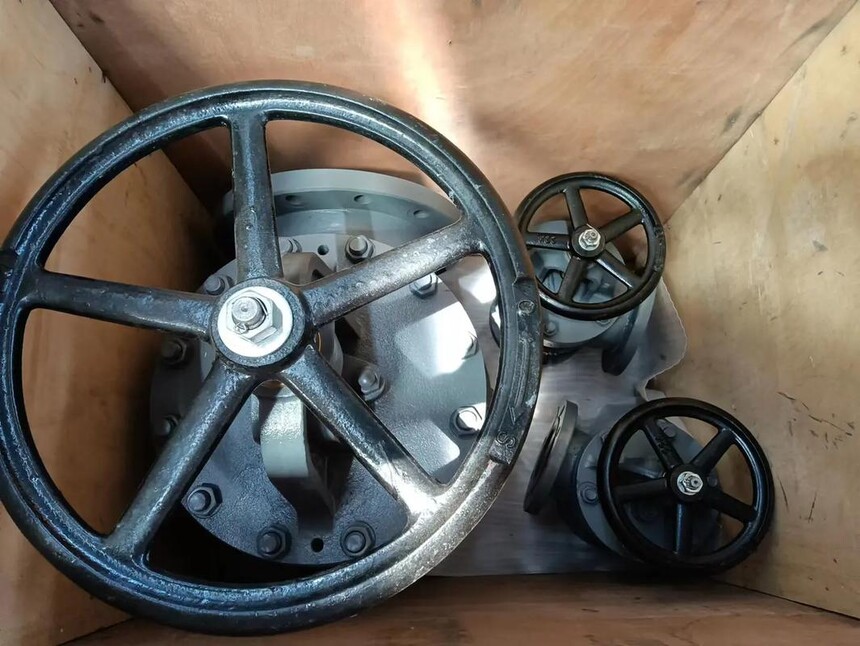|
Marine Valves: Essential Components for Safe and Efficient Maritime OperationsMarine valves are critical components in maritime systems, ensuring safe and efficient fluid control in ships, offshore platforms, and underwater equipment. Whether you’re a shipbuilder, engineer, or maintenance professional, understanding marine valve types, applications, and selection criteria is essential for optimizing performance and compliance. What Are Marine Valves?Marine valves regulate the flow of liquids, gases, or slurries in harsh marine environments. Designed to withstand corrosion, high pressure, and extreme temperatures, they adhere to international standards like API, ISO, and DNV GL to ensure reliability in critical operations. Key Features
Types of Marine Valves & Their Uses1. Gate Valves
2. Globe Valves
3. Ball Valves
4. Butterfly Valves
5. Check Valves
How to Choose the Right Marine Valve1. Match Valve Type to Application
2. Material Selection
3. Compliance Standards
4. Maintenance Requirements
Critical Applications of Marine Valves1. Shipbuilding
2. Offshore Platforms
3. Desalination Plants
4. Naval Vessels
Maintenance Best Practices1. Regular Inspections
2. Lubrication
3. Cleaning
4. Replacement Schedule
Why Partner with a Trusted Supplier?A reliable supplier ensures:
Frequently Asked Questions (FAQs)Q1: What materials are best for marine valves?A: Stainless steel and duplex alloys offer superior corrosion resistance for saltwater environments. Q2: How often should marine valves be serviced?A: Inspect valves every 6–12 months, depending on usage and environmental conditions. Q3: Can marine valves be used in subsea applications?A: Yes! Subsea valves are designed for extreme pressure and depths. ConclusionMarine valves are indispensable for safety, efficiency, and regulatory compliance in maritime operations. By selecting the right valve type, material, and supplier, you can reduce maintenance costs and enhance system reliability. Stay ahead of industry challenges with cutting-edge valve technology and expert support. |

